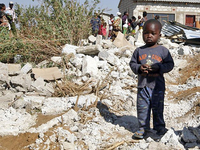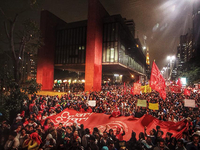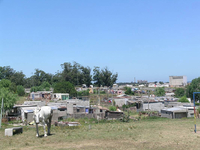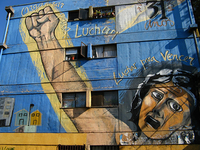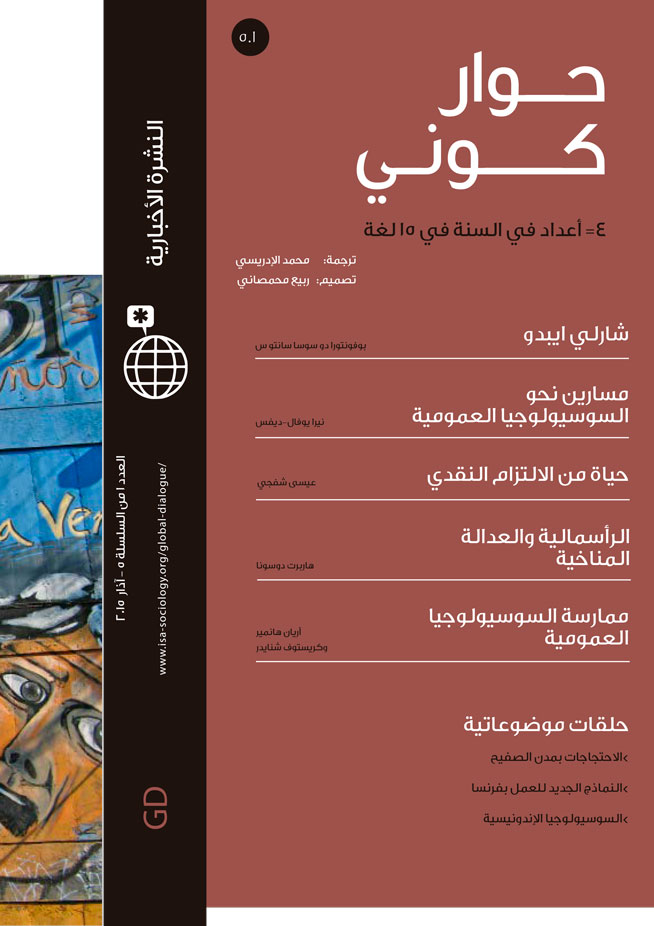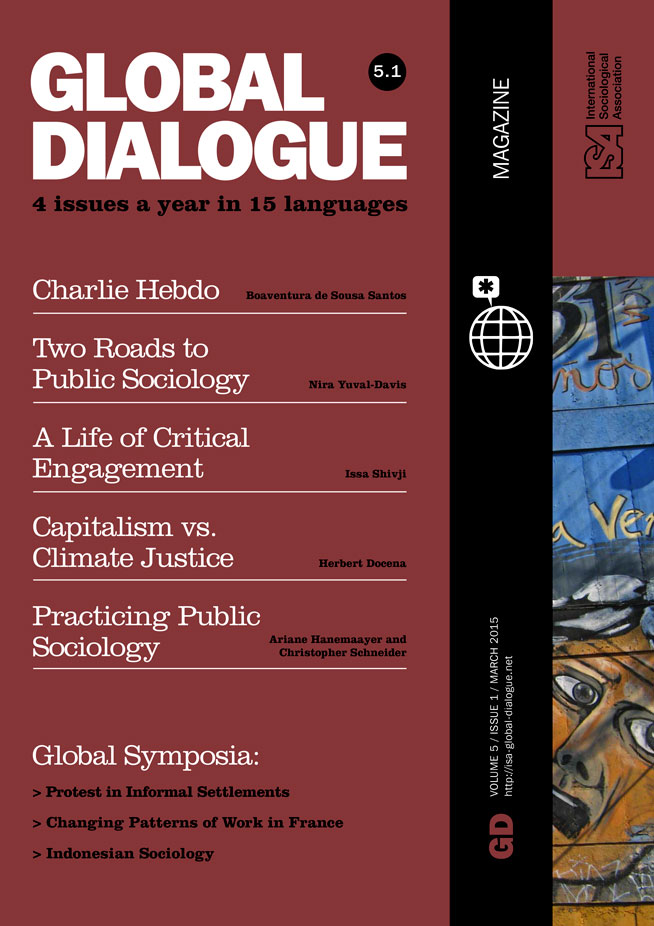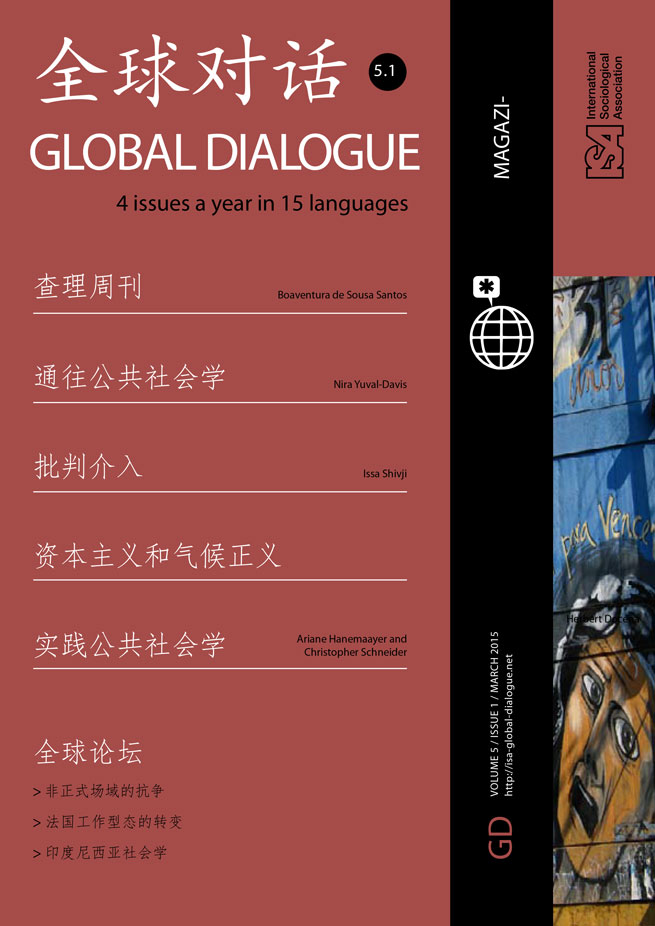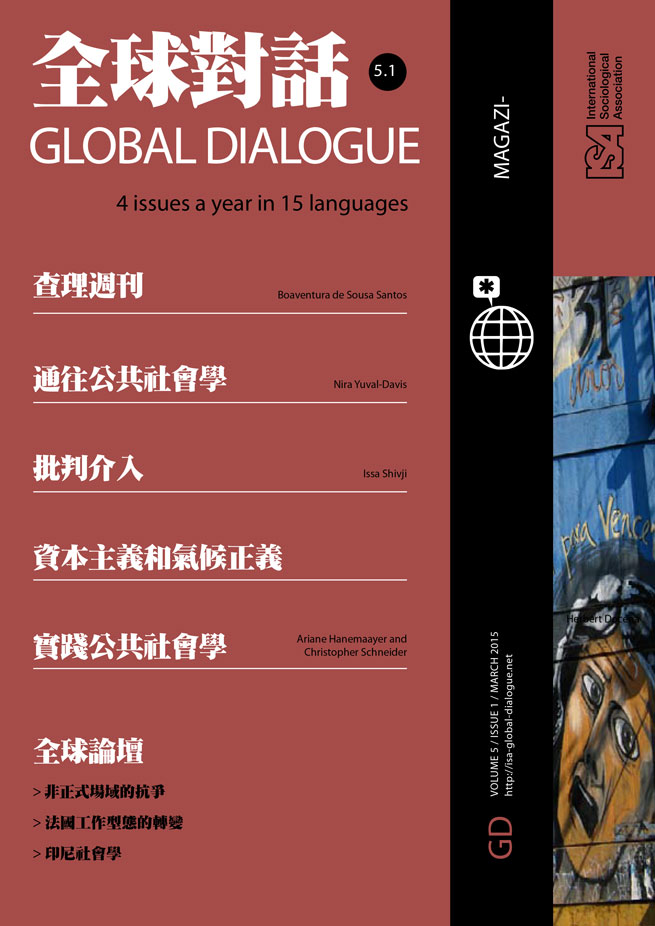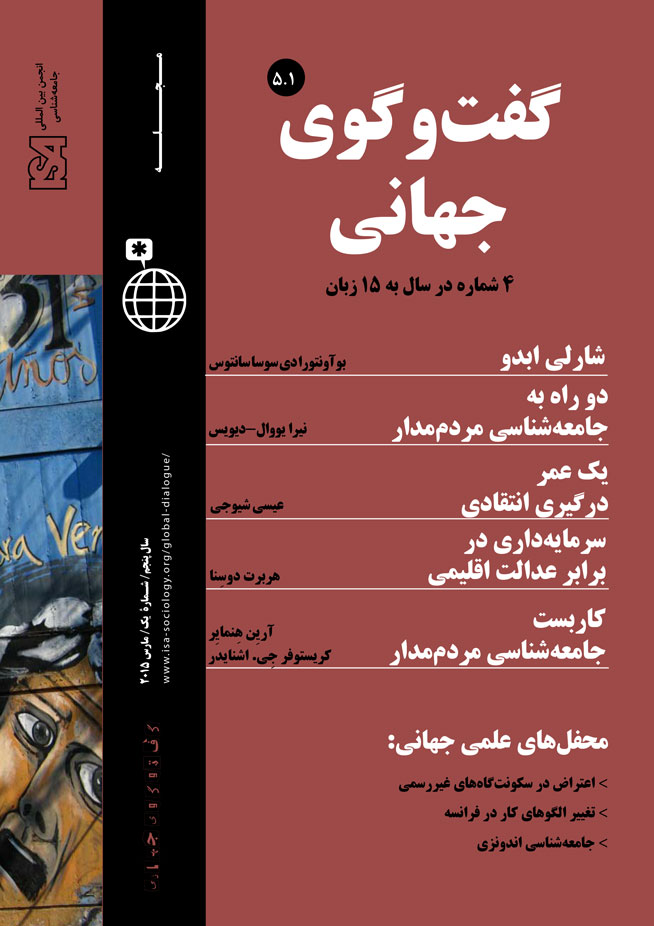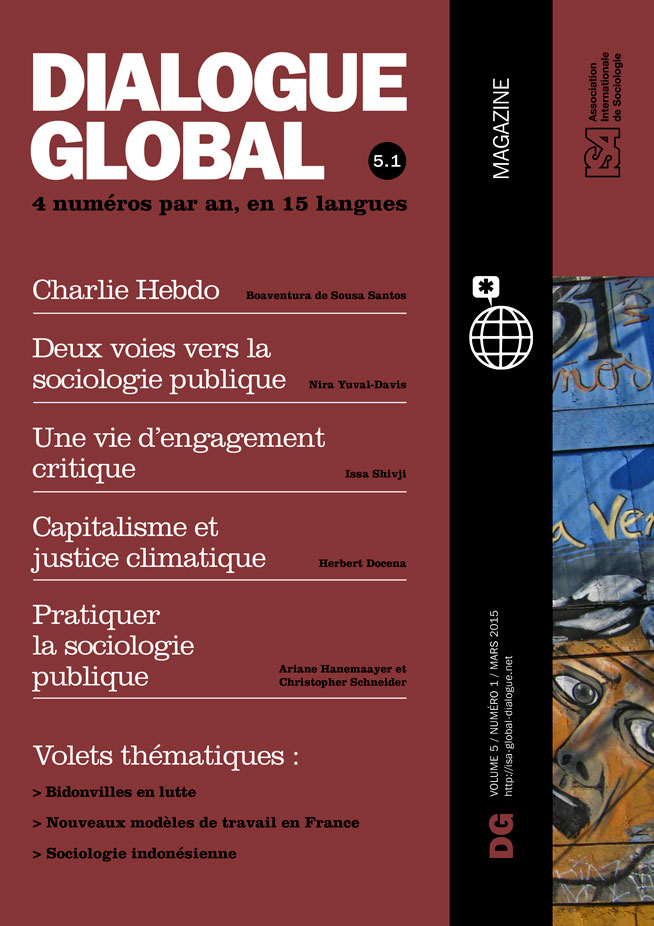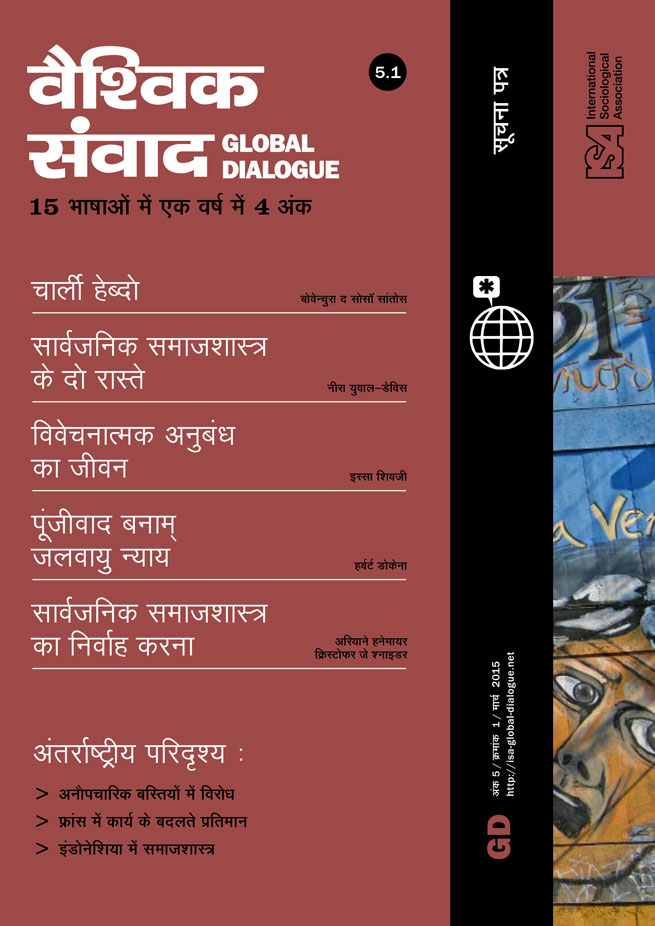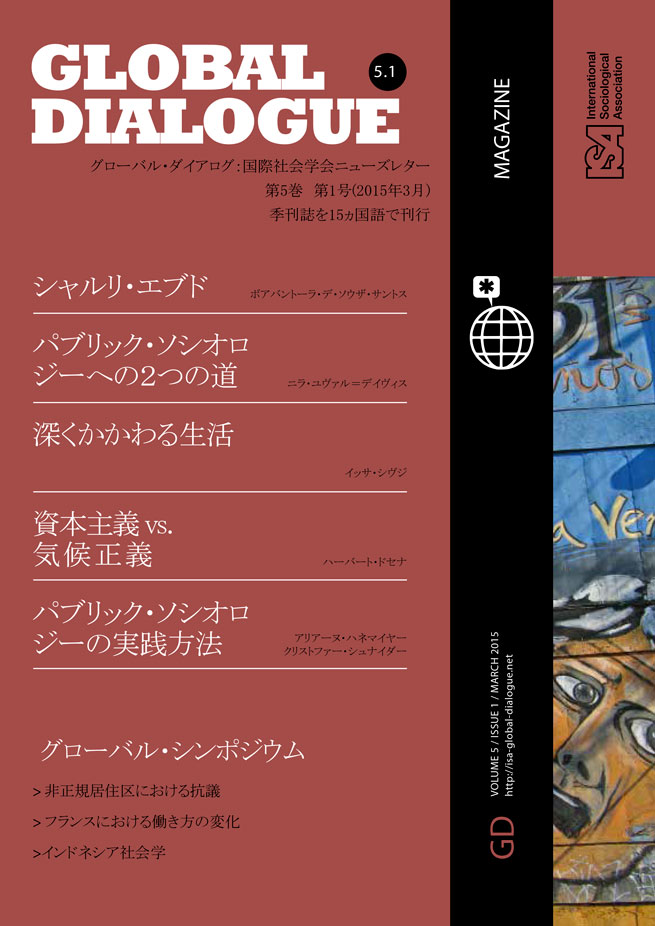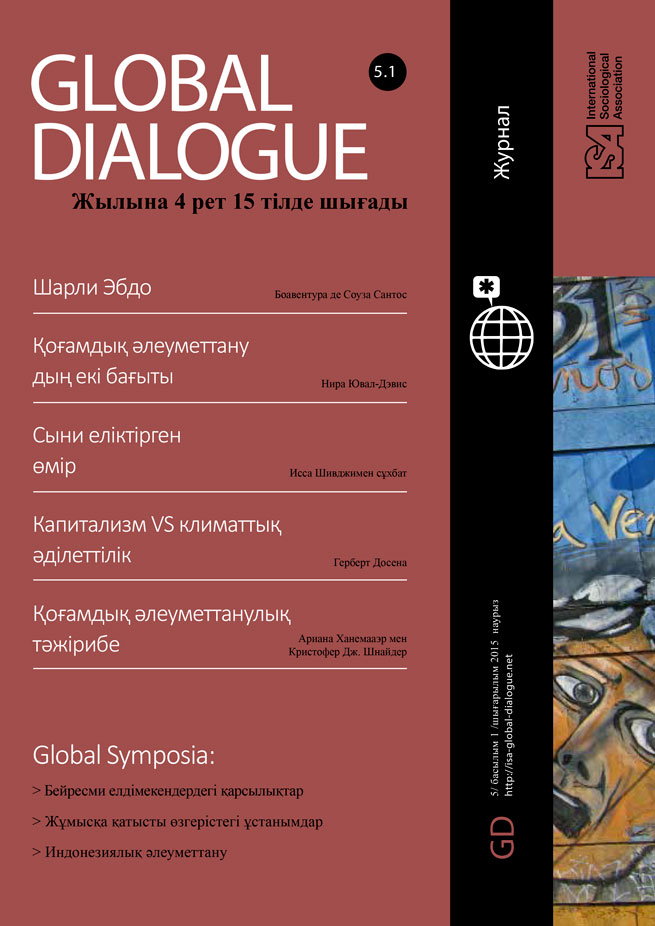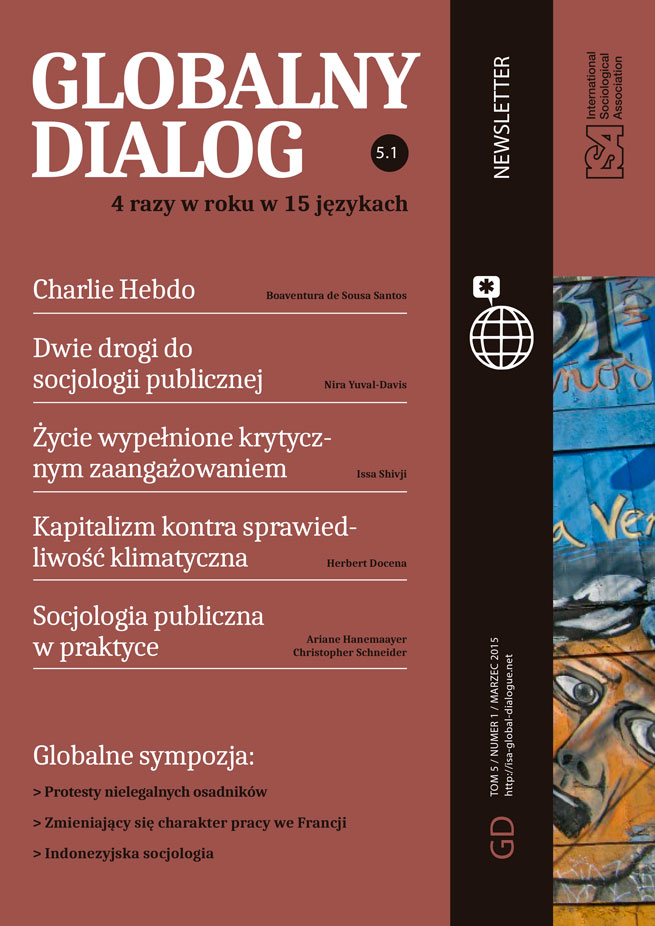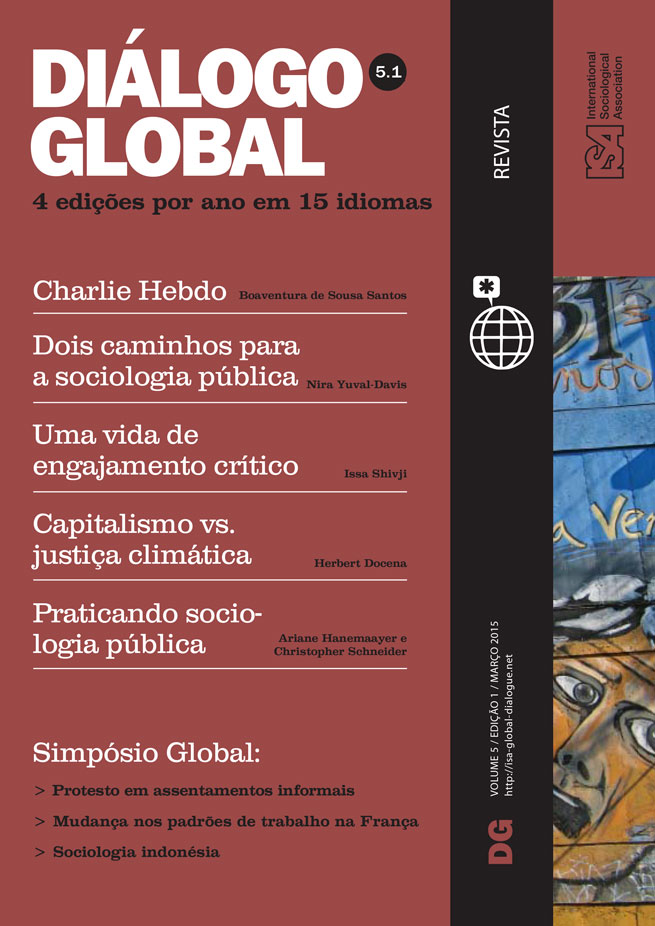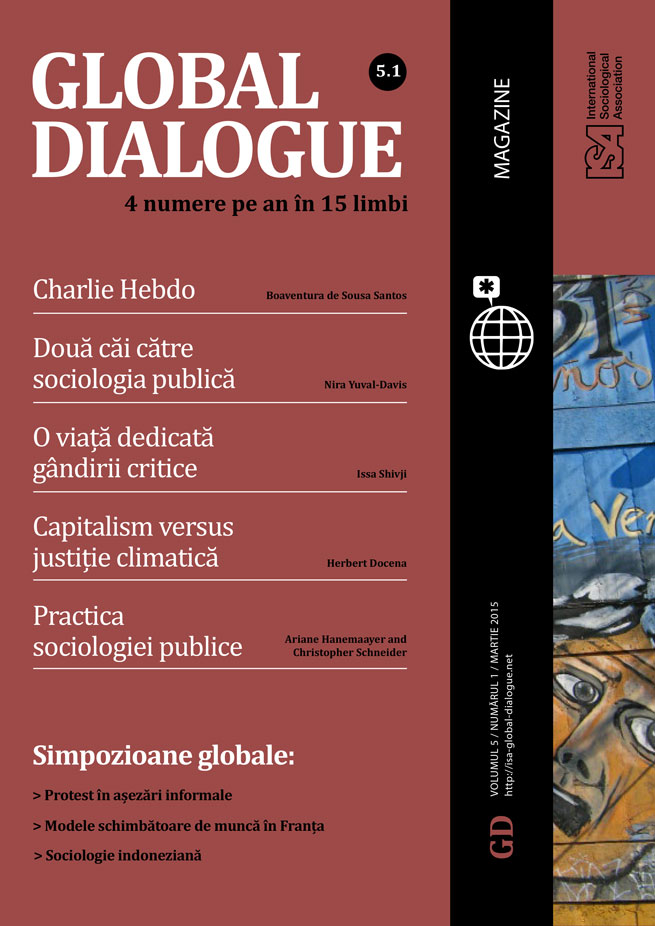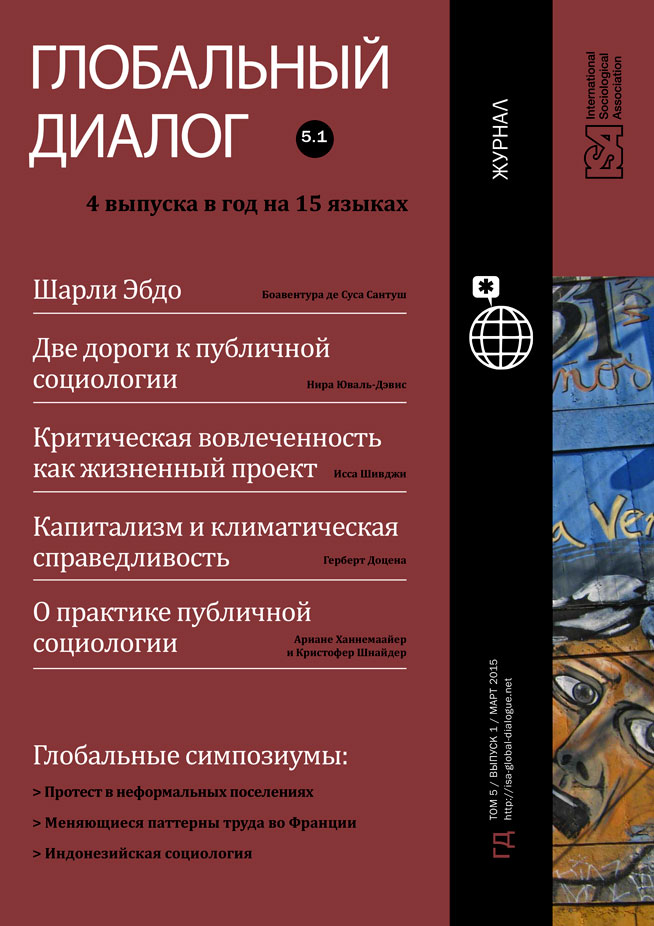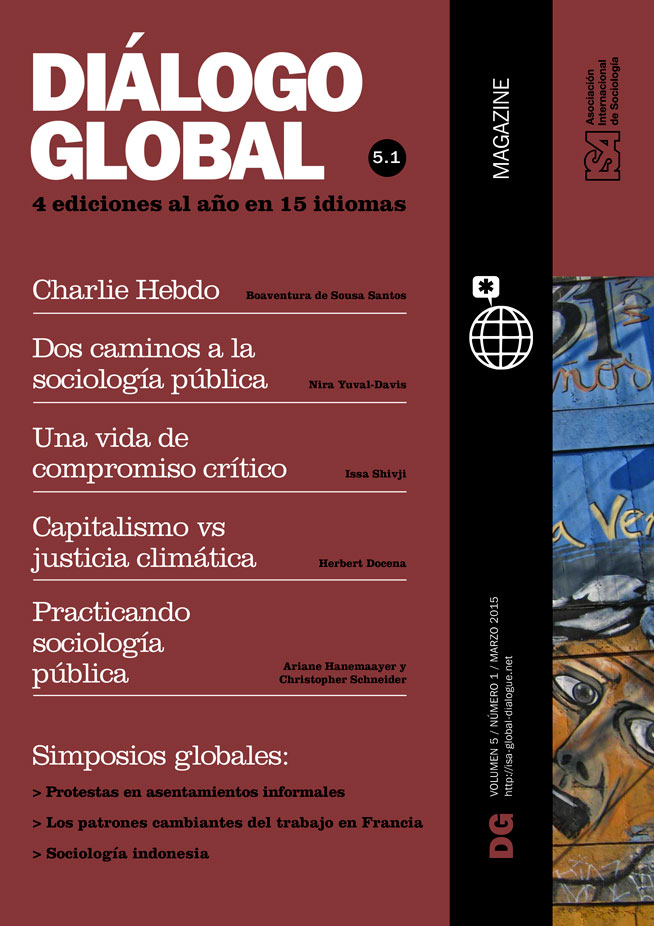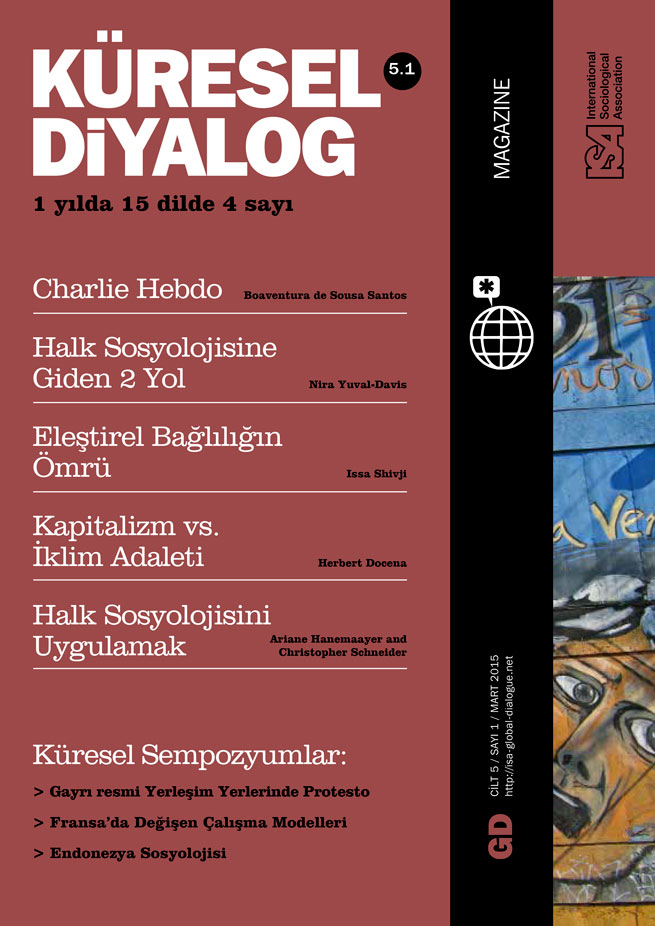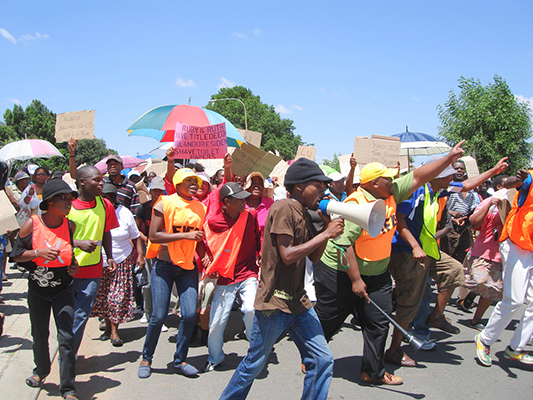The dominant narrative of South Africa’s first twenty years of non-racial electoral democracy emphasizes the successes of the formal political institutions, players, policies and processes shaped and activated in this period. Nonetheless, the informal intrudes constantly, perhaps most vocally in the form of protests that emerge in the first instance outside of any political party, organization or trade union, amongst poor people who come together around common problems that they face in their everyday lives.
Of particular significance are struggles of those in informal settlements and townships – places established by apartheid planners to entrench living conditions of “permanent informality” for black people. Such conditions were imagined as being necessary to keep black people in their subservient positions and “out of trouble.” After all, it was in response to illegal squatting by black people in the urban areas that the apartheid state had been forced over the years to evolve policies aimed at controlling the movement of black people (imagined only as cheap labor). These included the very establishment of “informal towns” and townships. But it was also in and from such spaces that struggles against apartheid flourished, and a different imagination of a life to be – after apartheid – was cultivated.
Today, over twenty years after the formal dismantling of apartheid institutions and policies, informality continues to characterize the lives of large numbers of the poor in South Africa. They are housed in (still growing) settlements in which apartheid-style living conditions persist. It is no wonder, then, that since the late 1990s, at least every winter (but increasingly throughout the year), poor residents of townships and informal settlements take to their local streets and highways to demand proper access to the resources necessary for a decent standard and quality of life, including water, electricity and decent housing (basic services). This has become an increasingly common feature of South African life, with a first small expansion at the beginning of the 2000s and a much bigger rate of proliferation since 2004.
As early as 1997, isolated incidents were reported across the country of groups of poor residents protesting at being cut off from their household supplies of electricity and water. Over the following three years, such reports became far more common as poor communities felt the effects of the increasing implementation of different forms of privatization, coupled with job losses and the flexibilization of labor – the result of a neoliberal macro-economic policy agenda adopted by the ANC government in 1996. Water and electricity cut-offs and housing evictions increased as municipalities enforced a logic of payment for basic services. The affected residents came together to refuse the conditions imposed on them, engaging in various forms of protest (from marches and pickets, to refusing officials entry to worksites, damaging official property, and illegal reconnections to supplies of water and electricity). In these struggles they collaborated with other independent activists who were beginning to identify a common enemy across seemingly different and separate struggles – a common enemy that they named “neoliberalism.”
By 2001, the sustained actions and critiques of groups involved led to commentators proclaiming the emergence of “new social and community movements,” whose significance lay in that they were the first movements post-1994 to situate themselves outside of (and in an antagonistic position to) the ANC and the broader Congress movement. In an influential book published in 2002 with the title We Are The Poors, sociologist Ashwin Desai proclaimed the birth of a new political subject, “the poors,” born in the struggles of communities organizing (together with students, academics, researchers and other independent activists) to fight against the various effects of the ANC government’s adoption of neoliberal policies.
By 2004, many of these movements had entered a period of decline. The cumulative effects of state repression, intra-organizational political battles, and difficulties with accessing resources took their toll on collectives driven largely by the energy and commitment of members (a majority unemployed and poor). In many cases, the very responses of the state to movement demands resulted in their paralysis. Ironically, 2004 was also the year that marked the beginning of an even bigger proliferation of struggles, very much like those made popular by the new movements of the early 2000s. Once again, the informal realm of politics would intrude, the formal responses to the earlier struggles having failed to satisfy the needs of all.
In fact, the proliferation of local-level protests led by poor people outside of any formal political structures since 2004 has been so striking as to lead to its description as a “rebellion of the poor,” by sociologist Peter Alexander. It has also seen the mainstream media coin and popularize the term “service delivery protests” as shorthand for such actions. Although poor “service delivery” (including basic services and the provision of infrastructure) is almost always at the heart of such protests, corrupt councilors, mismanagement of common funds and property, and poor communication between municipalities and their residents are often the catalysts for action. By 2012, protests were taking place at the rate of at least one a day.
In many cases, protests only erupt once residents have exhausted engagement through the official channels and have received no response from the municipality. In a collection of case studies entitled The Smoke That Calls, published by Karl Von Holdt et al. in 2011, protesters contend that sometimes the only way to get the attention of the relevant authorities is to set property alight or burn tires in barricades (to make “the smoke that calls”). Increasing actions of this nature have resulted in the media’s increasing use of the label “violent service delivery protests.” At the same time, the actions of the police have become increasingly violent, with newspapers reporting the death of at least 43 protesters at the hands of the police since 2009.
Protests today are also often linked to differences within the local structures of the ANC and its aligned formations. This has seen the mobilization of groups of ANC members against their own elected leaders in municipalities. Sometimes these result from battles lost within the party or the state, and sometimes to expose and question the very forms of state patronage and access to channels for self-enrichment (through tenders, access to jobs and funding). As splits from within the ANC fold play themselves out, it will be interesting to see how new political players like the Economic Freedom Fighters (EFF) and the United Front (launched by the National Union of Metalworkers together with other community and civil society formations) will relate to such local struggles of the poor.
Although political players tend to direct their attention to the realm of formal politics (parties and parliament), the informal continues to present itself as an ongoing site of contestation at a local level. It is here that the potential for alternative forms of engagement and production lies. A lot, however, depends on the collective potential and commitment to imagine politics differently.
Prishani Naidoo, University of Witwatersrand, South Africa <Prishani.Naidoo@wits.ac.za>
